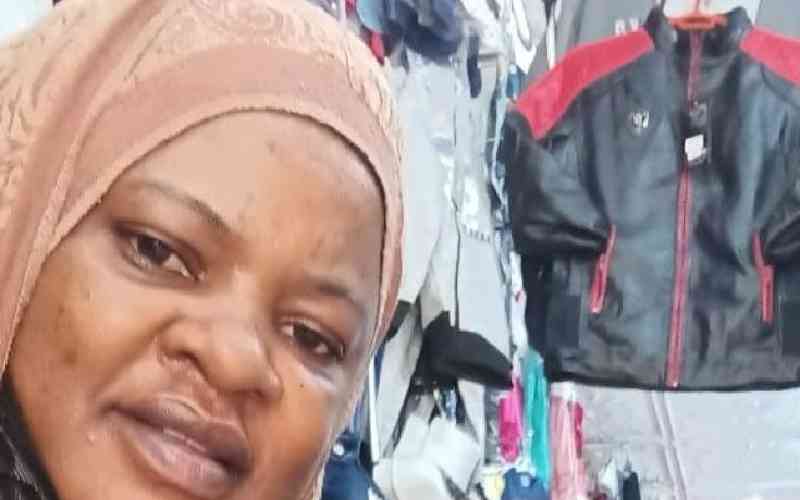×
The Standard e-Paper
Kenya’s Boldest Voice

For eight years, Blessings Iminza has lived without an identity. Each new day is a painful reminder that her dream of returning home remains just that-a dream.
She is not alone; thousands of children born to Kenyan mothers in Saudi Arabia share her fate, trapped in statelessness.